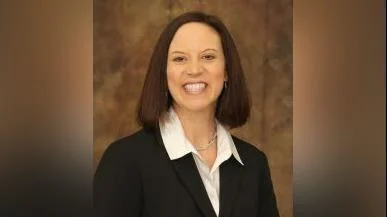A proposal for a progressive income tax would help get state finances on track according to supporters but state history has produced doubters. | Stock Photo
A proposal for a progressive income tax would help get state finances on track according to supporters but state history has produced doubters. | Stock Photo
Illinois has some serious financial problems that require attention, however, there are trust issues that have built up on failed promises from the past.
On Nov. 8, the state will have a tax proposal supported by Gov. J.B. Pritzker on the ballot that is intended to getting state finances on track. Spending amid the COVID-19 pandemic has exacerbated issues along with the state’s lingering pension problems, which are among the worst in the nation.
The proposal is being met with resistance from former Elgin Republican state Sen. Steve Rauschenberger who highlighted four reasons not to support the proposal in a video posted in early July on the Illinois Review website. They were financial problems, job problems, trust problems and a fairness problem the Illinois Review reported.

Steve Rauschenberger
| Rauschenberger Partners LLC
Rauschenberger recalled past promises from Springfield that have not held up as state taxpayers have borne the brunt of shortcomings from the state capitol. He told the Illinois Review promises of tax hikes to get state spending under control and catch up on mounting debt have fallen short time and again.
“Say no to the tax proposal,” he told the Illinois Review. “We don’t want to go out and buy an alcoholic a twelve pack.”
The tax would rise on incomes of people who earn $250,000 or more annually. It would maintain a tax rate of 4.95% for those making $100,000 to $250,000 annually and decrease the rate for those making less than $100,00 the Chicago Sun-Times reported. The tax is projected to bring in approximately $3.57 billion a year and $350 million in a new corporate tax rate.
Rauschenberger said the idea the wealthy would shoulder the burden of new state revenue is misleading. He added those in charge want to pick and choose who pays the most in taxes and fails to make serious reforms or changes that might have a lasting impact on the state the Illinois Review reported.






 Alerts Sign-up
Alerts Sign-up